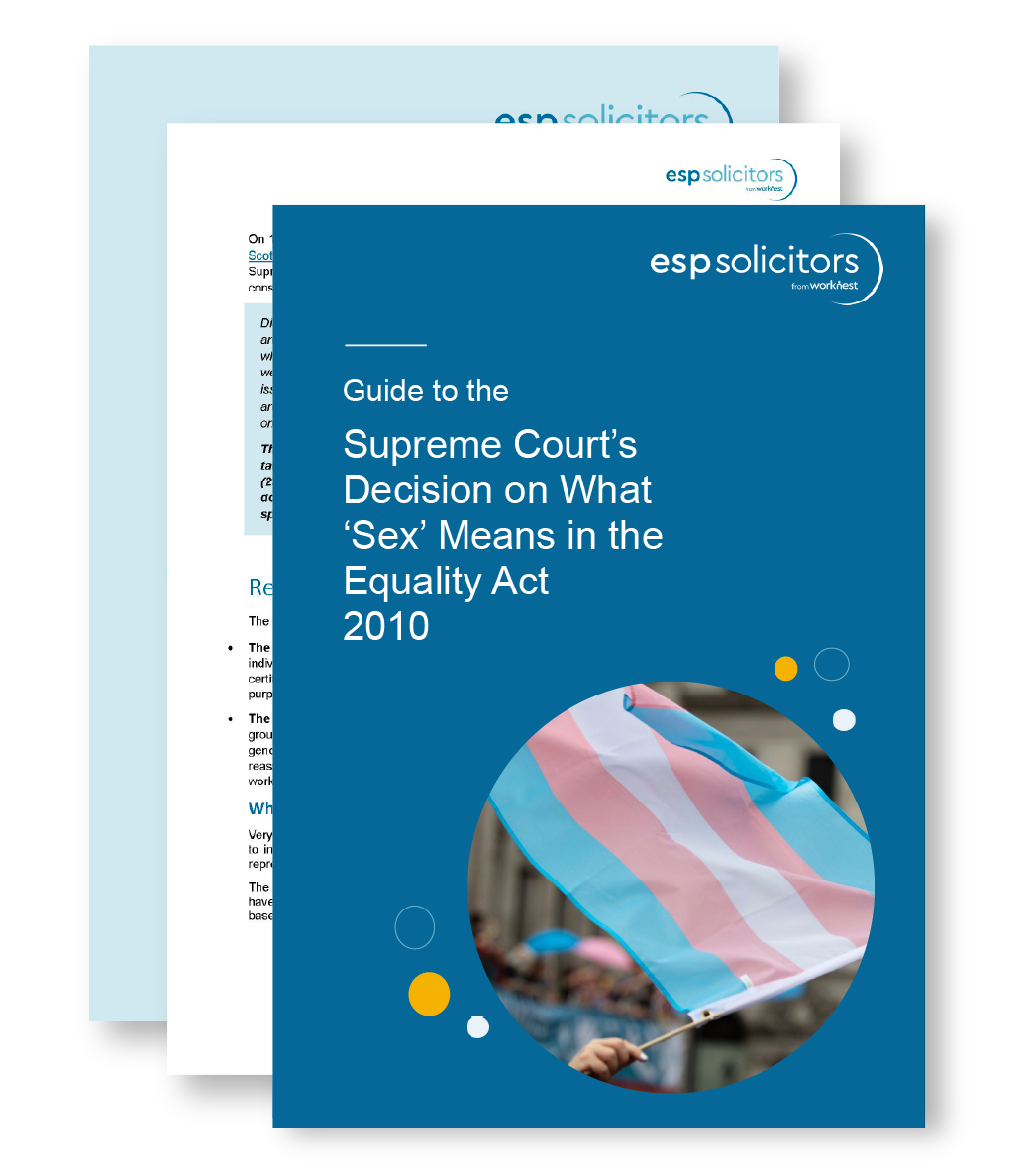For employers and HR professionals, protecting the company’s reputation is a top priority. When a customer is offended by an employee’s actions, there can be a strong urge to act quickly to appease customers and safeguard their image. However, hastily dismissing employees in these situations can expose the business to costly, damaging legal risks, as illustrated in a recent Employment Tribunal case.
In this blog, we examine the dangers of rushing disciplinary actions in response to customer complaints and offer guidance on handling these situations to avoid ending up in court.
Case: Jones v Vale Curtains and Blinds
In a recent Employment Tribunal case, Meliesha Jones, a part-time administrator, was awarded over £5,000 after being unfairly dismissed for accidentally sending an offensive email to a customer. Employed by Vale Curtains and Blinds since 2021, Jones was handling a complaint with her colleague, Karl Gibbons, when she mistakenly replied to the customer rather than forwarding the email internally. Frustrated by repeated complaints about his order, she had referred to the customer as a “tw*t.”
The customer’s wife called the company and confronted Jones about the email. Shocked and upset, Jones apologised sincerely and even offered to pay £500 as a goodwill gesture. Despite this, the customer threatened to publicise the incident, prompting the company to dismiss Jones. However, they failed to conduct a proper disciplinary process, neglecting to interview either Jones or the customer involved.
The Tribunal ruled that Jones’ dismissal was a “sham” aimed at placating the customer rather than addressing the incident fairly. The Tribunal awarded Jones £5,484.74 for unfair dismissal, concluding that a fair process would have likely led to a different outcome.
Key lessons for HR professionals
This case highlights the importance of a fair and transparent disciplinary process, even when under pressure from customers. Mistakes, such as accidental emails, can happen to anyone, and decisions based solely on reputational concerns can backfire, potentially leading to Tribunal cases that harm the company’s image even more.
Each case will turn on its facts, and employers must take a measured approach when handling misconduct allegations. Here are some key steps to consider:
Here are some essential steps for employers to consider when handling customer complaints involving employees:
- Conduct a thorough and impartial investigation
A fair and detailed investigation is crucial before any decision is made. Ideally, the person conducting the investigation should not be the same individual making the disciplinary decision. In this case, the supervisor acted as both investigator and disciplinary officer and did not interview the employee or the customer—a critical oversight.
- Avoid snap decisions
While it may be tempting to dismiss an employee quickly to satisfy a customer, it’s essential to evaluate the facts objectively. The Tribunal in this case pointed out that the dismissal was primarily driven by the customer’s threats to publicise the email, rather than the misconduct itself. While there may be a “some other substantial reason” for dismissal based on the reputational risk, it is vital to establish this fairly.
- Follow proper disciplinary procedures
Ensure that you follow a clear, documented process for addressing employee misconduct. Proper procedures should include:
- Conducting a thorough investigation
- Allowing the employee sufficient time to prepare for a disciplinary hearing
- Providing an opportunity for the employee to present their case
- Collecting evidence and documenting reasons for dismissal
- Offering a right of appeal
Each of these steps was missing in the Jones case, leading the Tribunal to rule the dismissal unfair.
- Ensure the decision is only made after all evidence is considered and is the decision of the disciplinary officer alone
Decisions should be made after all evidence is considered and should rest solely with the disciplinary officer. In this case, the Managing Director had reportedly suggested that the supervisor “get rid” of Jones before the hearing. The Tribunal found that although the Supervisor was the disciplinary officer, she was not the decision maker.
- Consider mitigating factors and alternative outcomes
Not every mistake warrants dismissal. In cases like these, a formal warning, retraining, or an apology may be more appropriate. Mitigating factors should be taken into account; Jones, for instance, apologised to the customer and offered compensation.
Striking the Right Balance
While protecting the company’s reputation is important, it’s equally crucial to ensure fair treatment of employees to avoid potential Tribunal claims and negative publicity. Employers should take a measured approach, balancing customer satisfaction with employees’ rights, to prevent rushed disciplinary actions that can lead to costly legal consequences.




